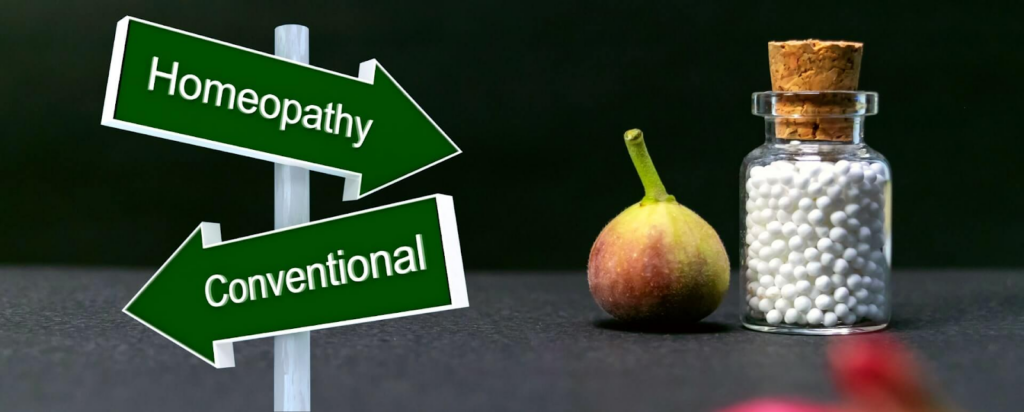
Integrating homeopathy with conventional and complementary therapies creates a balanced approach to healthcare. By combining the strengths of each, patients receive a more comprehensive treatment plan that addresses both symptoms and underlying causes, promoting overall wellness. Understanding how homeopathy fits into this integrated system is key to unlocking its full potential.
How does homeopathy complement conventional medicine?
Homeopathy works hand in hand with conventional medicine in relating to the whole person and providing remedies for conditions a conventional treatment will perhaps not touch. Whereas conventional medicine addresses the symptoms of the disease per se, homeopathy restores the natural body healing processes.
It may be helpful for side effects of chemotherapy or chronic conditions such as allergies or arthritis. The marriage of both systems brings the best of each, integrating them into one so that much better care is provided to the patients.
Can homeopathy be taken with other complementary therapies?
Yes, homeopathy can be taken with other complementary therapies and it is generally harmless if done under professional guidance. Other modes, like acupuncture, chiropractic, and nutrition, combine very well with homeopathy. Each one addresses another level of health, thus combining altogether creates a more holistic approach.
While acupuncture may relieve the pain, homeopathy rebalances the body. It follows that it is important to share all treatments one is undergoing with a health professional in order to prevent potential conflict between various interventions. This integrated approach not only caters to medical needs but also fosters overall well-being through the coming together of multiple healing modalities.

Does homeopathy help decrease side effects from conventional treatments?
Yes, it can help decrease adverse side effects from various conventional treatments like chemotherapy and antibiotics. A remedy would be chosen not to clash with but to support the body as it goes through the phases of conventional medical treatments by alleviating suffering without further complications.
For example, nausea and weariness following chemotherapy can be handled through homeopathic treatment, increasing the quality of a patient’s life. Moreover, homeopathy rebalances the body after the use of antibiotics and cleanses from digestive unease. This remedy allows a continuation of the major treatment combined with reducing uncomfortable side effects via natural means.
How does homeopathy fit into an integrative medicine approach?
Homeopathy is part of integrative medicine because it ensures holistic treatment that addresses both the physical and emotional sides of health. It also complements modern medical practice to enhance total wellness for a more personalized healthcare experience that better meets the patient’s needs.
For example, traditional medicine, in the case of chronic pain, will only deal with the physical symptoms, while homeopathy treats the body for balance and thereby removes the pain from the inside out. These forms of medicines then complement each other in offering an integrated and personalized care plan to the patients. The combination of both gives more options with deeper healing results.
Can homeopathy and allopathic medicine be taken together?
Yes, homeopathy and allopathic medicine be taken together as they complement each other in a more wholesome approach. Allopathy could be applied for immediate relief, surgery, or medication for some particular sickness, while homeopathy gives a more gradual and long-term healing process by rectifying the imbalances in the body.
For sure, a certain patient can resort to painkillers for immediate relief while taking homeopathic remedies for inflammation and the healing process gradually. Thus, the combination will affect a more holistic approach, providing faster relief and sustained health improvement.

How does homeopathy relate to nutrition and lifestyle therapies?
Homeopathy is greatly combined with nutrition and lifestyle therapies by improving the natural healing process of the body. Homeopathy is much more effective when complemented by proper nutrition and appropriate changes in lifestyle.
Dietary habits and lifestyle practices can be supportive or inhibitive of an individual’s healing pattern, and it’s in combination with homeopathic remedies that the body is best placed to heal itself.
Wholesome nutrition enhances vitality, for example, while homeopathic treatments facilitate digestion and immune responses. Mindfulness practices and regular exercise also foster overall healthiness. These healthiness qualities are much more practical, long-lasting, balanced, and vital in nature.
What place does homeopathy occupy in preventive care coupled with conventional treatments?
Homeopathy strengthens one’s constitution and protects the body from recurrent illnesses, hence playing an important role in prevention. Homeopathy reinforces general health when complementing conventional treatments and prevents chronic diseases from developing so that long-term health is safeguarded.
For instance, a person who suffers from recurring infections of the respiratory system may take homeopathic remedies to build up immunity and decrease the chances of this being a recurring illness. This, in addition to regular check-ups and conventional care, forms a rather strong system of health management to ensure minimal disruptions in the future on matters concerning health. Homeopathy can be used proactively to help patients stay healthier longer, along with conventional medicine.
In Conclusion
Homeopathy integrated with conventional and complementary therapies provides a multidirectional approach toward health. The symptoms and the root of the disease could be treated this way, addressing the patients’ needs for a comprehensive treatment plan. It works from prevention to the management of side effects in conjunction with other therapies to nurture long-term wellness and balance within the body.
